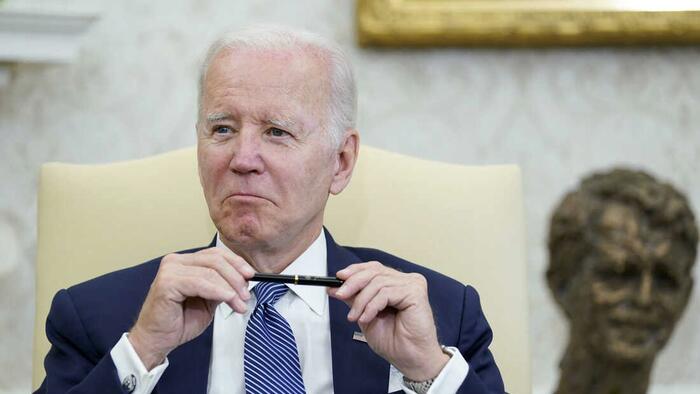On December 18, 2023, President Joe Biden announced a landmark decision to commute the sentences of 37 out of the 40 inmates currently on federal death row, changing their sentences to life without the possibility of parole. The three exceptions—Robert D. Bowers, Dylann Roof, and Dzhokhar Tsarnaev—were not granted clemency due to the severity and nature of their crimes, which include terrorism and hate-motivated mass murder. In his statement, Biden reaffirmed his long-standing commitment to reforming the justice system, advocating for the abolition of the death penalty in federal cases, with specific exceptions for acts of terrorism and mass violence.
Biden’s decision comes at a critical time, just weeks before his anticipated departure from office, signaling his administration’s focused efforts on criminal justice reform. He emphasized his personal and professional experiences, which have informed his commitment to reducing violent crime and advocating for a fair justice system. In a heartfelt condemnation of the heinous acts committed by the convicted felons, Biden expressed his grief for the victims and their families. He argued that the death penalty does not align with a humane criminal justice system and affirmed that he could not allow a successor administration to reinstate federal executions that he had suspended.
Notable among those receiving commutations are Thomas Sanders, who was convicted of murdering a 12-year-old girl; Jorge Avila-Torrez, who killed multiple victims, including two young girls; and Kaboni Savage, a convicted drug kingpin responsible for orchestrating a firebombing that resulted in six deaths. Others include Lezmond Mitchell, who committed the brutal murder of a grandmother and her granddaughter, and Daniel Lewis Lee, a white supremacist who murdered a family, including an eight-year-old girl. The nature and brutality of the crimes highlight the controversial decisions surrounding the commutation of sentences for such serious offenses.
Biden’s actions counter the revival of federal executions during former President Trump’s term, who oversaw 13 executions after a 17-year hiatus before leaving office. Biden’s administration, through Attorney General Merrick Garland, established a moratorium on federal executions shortly after he took office, framing it as a necessary measure to uphold fairness and humanity within the justice system. Biden’s recent commutations resonate with his broader commitment to criminal justice reform, which he indicated was influenced by civil rights groups and activist pressure to act on a campaign promise made during the 2020 election.
The significance of this decision extends to Biden’s moral and ethical considerations as well. He noted that he was influenced by a conversation with Pope Francis, who had called for clemency for death row inmates in a recent address. Biden’s communication with the Pope underscores the weight of moral authority in his decision-making process, suggesting that international perspectives on human rights and dignity also play a role in domestic policy. The timing of Biden’s announcement complements the Pope’s plea for mercy, aligning closely with religious principles while fulfilling a campaign commitment.
Ultimately, Biden’s decision on death row commutations establishes a critical precedent in the discourse surrounding capital punishment in the United States. The clemency granted to many inmates shapes a pivotal moment in the national conversation about justice, rehabilitation, and the death penalty. Looking forward, the Biden administration’s stance suggests a potential shift in federal policy that may impact future approaches to criminal justice and human rights, as they navigate the complexities of public safety, morality, and systemic reform.

